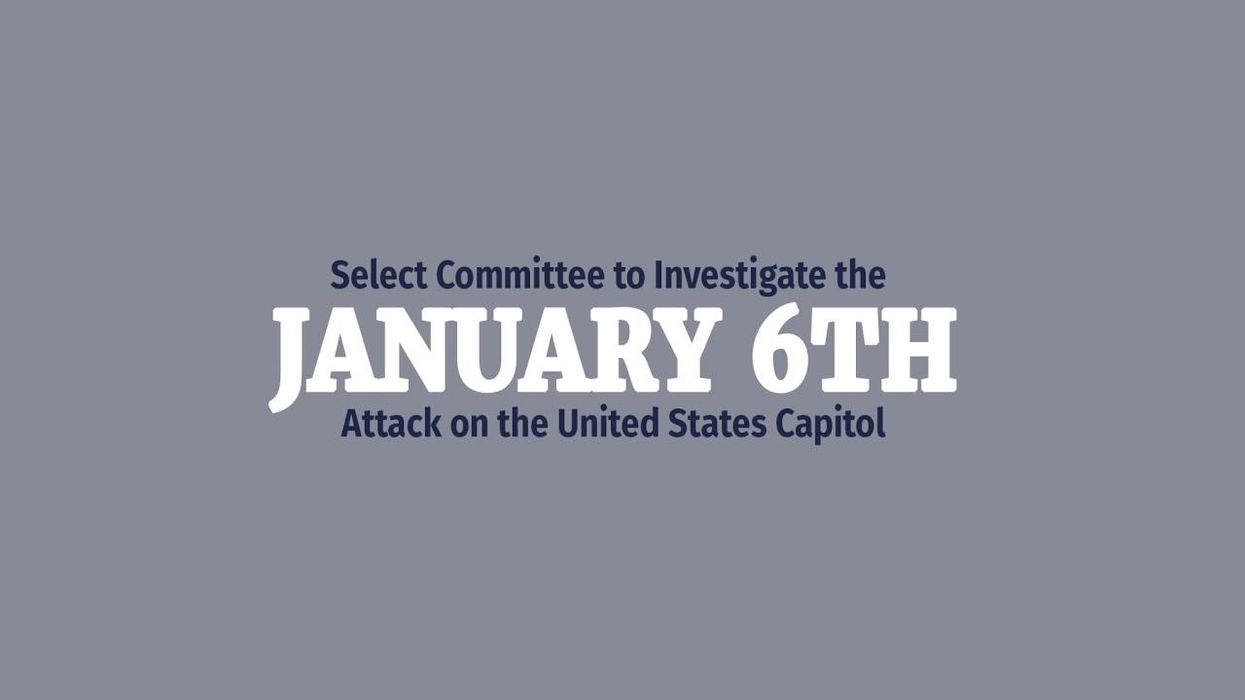The select committee charged with investigating the Jan. 6, 2021, riot at the Capitol, which resulted in multiple deaths and more than 100 injured police officers, will hold its final hearing Thursday afternoon.
In addition to wrapping up the panel’s case against former President Donald Trump, the hearing may also provide a swan song for the committee’s two Republican members, who have been ostracized from the party for their involvement. Rep. Lynn Cheney of Wyoming lost her primary this summer and Rep. Adam Kinzinger announced last year he would not seek reelection after learning the new congressional map for Illinois would have put him in a primary against a Trump ally.
The committee tweeted Wednesday that it will “present the key facts we’ve uncovered during our investigation.” Essentially, this hearing will be the committee’s closing argument in advance of the midterms, when election deniers and people who took part in the insurrection will be on the ballot.
The hearing will be carried live on many television networks and will be streamed online.
If the hearing goes as expected, committee members will pull together the evidence that Trump instigated the riot, in which his supporters overran barriers, paraded through the Capitol, and broke into the Senate chamber and Speaker Nancy Pelosi’s office.
The hearing will include evidence that Trump was warned about ongoing violence but still tweeted out attacks on Vice President Mike Pence, Politico reports.
The committee’s work may be used as fodder for a possible federal case against Trump.
Rep. Jamie Raskin, a Democrat on the panel, said Wednesday that the committee will leave no doubts about Trump’s role in instigating the riot.
He said the committee has new documents and statements describing Trump’s involvement. “None of this would have happened except for the will of Donald Trump,” Raskin told CNN.
The hearing had originally been scheduled for Sept. 28 but was postponed while parts of the nation prepared for Hurricane Ian to strike. Following today’s hearing, the committee is expected to complete a formal report that will be made public.
When the select committee was first created, Pelosi rejected two of the Republicans assigned to it by House Minority Leader Kevin McCarthy, citing prior criticism of the panel by Reps. Jim Banks and Jim Jordan as well as their votes against certification of the election. After McCarthy rescinded all five of his nominees in retaliation, Pelosi invited Cheney and Kinzinger – both of whom had been vocal critics of Trump – to serve. They accepted, cementing their role as outcasts among the GOP.
Rep. Stephanie Murphy, a Democrat from Florida who also serves on the committee, is retiring as well.
Further reading about today’s hearing:




















Trump & Hegseth gave Mark Kelly a huge 2028 gift